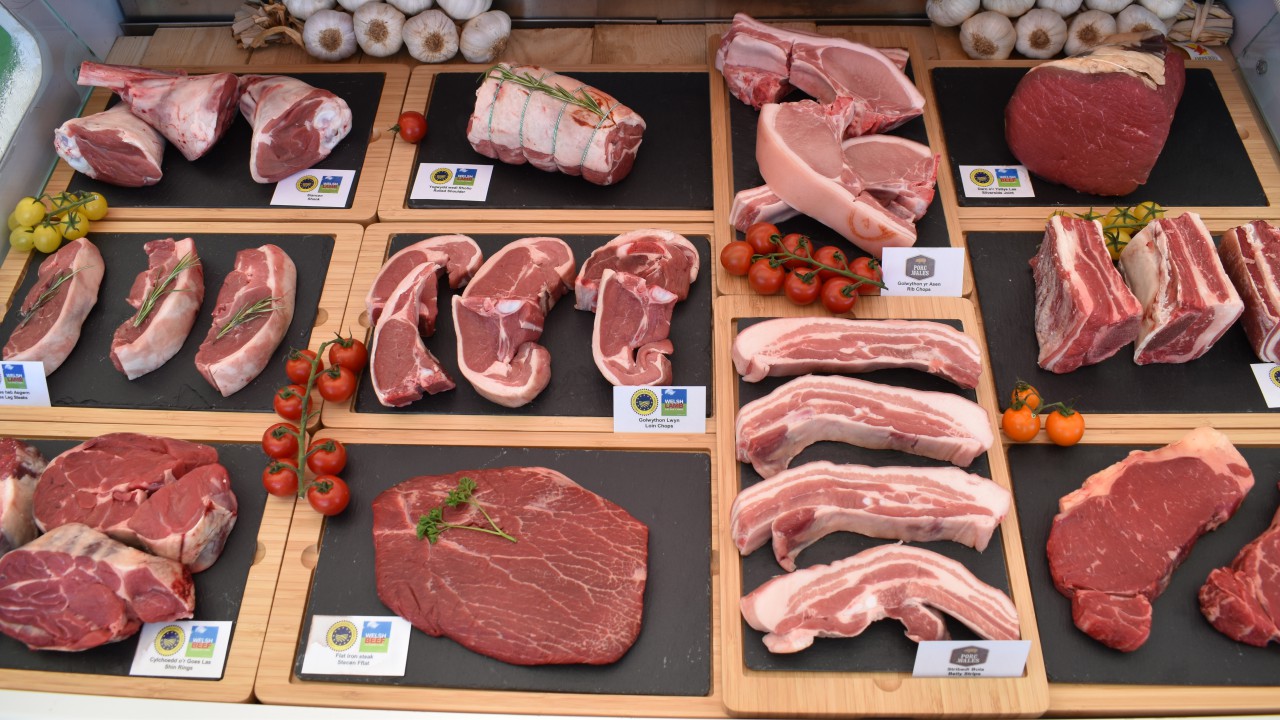An eight-week spring campaign to support the red meat industry has generated £9.8 million in incremental retail beef sales.
Jointly funded by Quality Meat Scotland (QMS), England’s Agriculture and Horticulture Development Board (AHDB) and Hybu Cig Cymru – Meat Promotion Wales (HCC), the campaign encouraged consumers to “Make It” with locally sourced steak to support producers nationwide as the fallout from the Covid-19 pandemic hit the industry hard.
The revenue growth generated as a result of the campaign equates to 742t of beef steak sold over the eight-week period. The results also highlighted the campaign’s “halo effect” on wider beef sales, with the activity generating a return in retail sales of £24.7 million across the primary fresh beef category.
The campaign used available money from the £3.5 million fund of AHDB red meat levies ring-fenced in 2020/21 for collaborative projects which is managed by the three UK meat levy bodies.
The major £806,000 push reached 93% of the British population through a mix of TV sponsorship, digital and social media, radio and press partnerships, and video on demand.
It was also supported in-store by retailers with on pack stickers and online banners.
Sales generated by region were largely in line with expectations, with England generating nearly 85% of total sales – a contribution of almost £8.5 million.
‘One of the most challenging periods’
A joint statement from the levy boards said:
At the start of the pandemic, the British red meat industry faced one of the most challenging periods in its history, with demand for premium beef cuts dropping overnight as restaurants were forced to close their doors.
“With farmers and processors facing a drop in the value of the whole beef carcass, QMS, AHDB and HCC collaborated on and launched the nationwide ‘Make It’ campaign to help rebalance the market by encouraging consumers when cooking to ‘make it’ using top quality locally sourced beef to create restaurant-inspired meals at home.
“We’re really pleased with the results, which gave a much-needed boost to the beef supply chain and helped redress carcass balance.”

